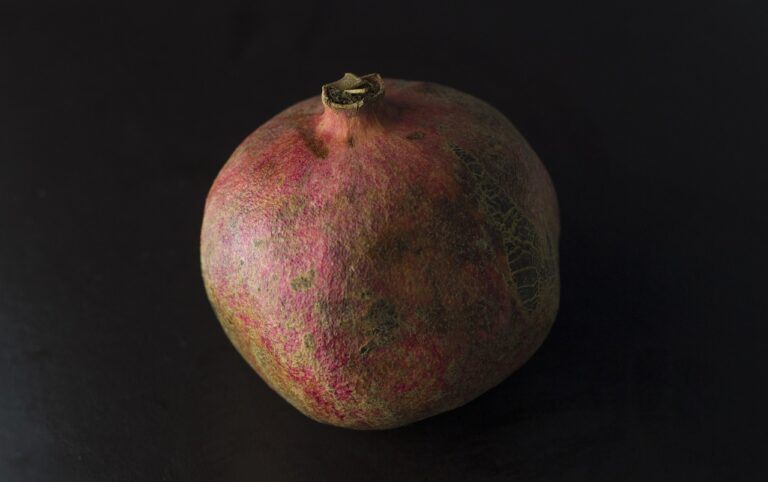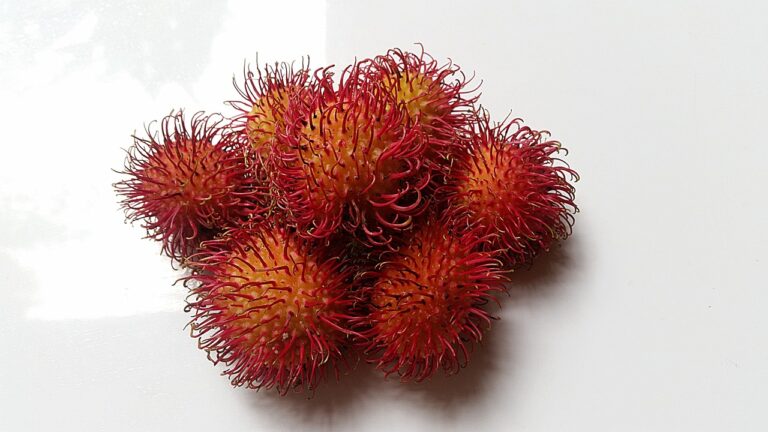Engineering Plant-Microbe Interactions for Drought Tolerance: 11xplay, Laser 247.com, Skylivecasino login
11xplay, laser 247.com, Skylivecasino Login: Engineering plant-microbe interactions for drought tolerance is a cutting-edge approach that holds great promise in improving crop resilience to water scarcity. Drought is a significant threat to global food security, impacting millions of people worldwide. By harnessing the power of plant-microbe interactions, researchers are exploring innovative ways to enhance drought tolerance in crops.
What are plant-microbe interactions?
Plants have evolved a close relationship with microbes in their surrounding environment. These interactions can be symbiotic, where both the plant and microbe benefit, or parasitic, where one organism benefits at the expense of the other. In the context of drought tolerance, researchers are particularly interested in symbiotic relationships that can help plants cope with water stress.
How can microbes enhance drought tolerance in plants?
Microbes, such as bacteria and fungi, can improve a plant’s ability to withstand drought in several ways. For example, certain microbes can produce compounds that help plants retain water more effectively. Others can stimulate the plant’s hormones, triggering various stress responses that allow the plant to survive under drought conditions. Additionally, some microbes can enhance the plant’s nutrient uptake, ensuring that the plant has the necessary resources to thrive even in water-limited environments.
What are some strategies for engineering plant-microbe interactions for drought tolerance?
Researchers are exploring various approaches to engineer plant-microbe interactions for drought tolerance. One common strategy is to identify and select microbial strains that exhibit beneficial traits related to water stress. These microbes can then be applied to crops either through seed coating or soil inoculation. By strategically designing these microbial communities, researchers can optimize their effects on plant drought tolerance.
Another approach is to genetically modify plants to attract specific beneficial microbes. By engineering plants to release certain compounds that attract beneficial microbes, researchers can enhance the establishment of symbiotic relationships that improve drought tolerance. This targeted recruitment of beneficial microbes can further enhance the plant’s resilience to water stress.
What are the challenges of engineering plant-microbe interactions for drought tolerance?
Despite the promising potential of engineering plant-microbe interactions for drought tolerance, there are several challenges that researchers face. One major hurdle is the complexity of microbial communities in the soil. Understanding and manipulating these diverse communities to enhance plant resilience to drought is a daunting task that requires a deep understanding of microbial ecology.
Another challenge is the potential for unintended consequences. Introducing new microbial strains or genetically engineering plants can have unforeseen impacts on the environment and ecosystem. Researchers must carefully consider the potential risks and benefits of these interventions to ensure that they are safe and sustainable in the long term.
In conclusion, engineering plant-microbe interactions for drought tolerance represents a promising avenue for improving crop resilience to water scarcity. By harnessing the power of beneficial microbes, researchers can develop innovative strategies to help plants thrive under drought conditions. While there are challenges to overcome, the potential benefits of this approach make it a worthy endeavor in the quest for sustainable agriculture.
FAQs:
Q: Can engineering plant-microbe interactions for drought tolerance be applied to all types of crops?
A: While the principles of plant-microbe interactions are universal, the specific strategies may vary depending on the crop species and environmental conditions. Researchers are working to adapt these approaches to a wide range of crops to enhance their drought tolerance.
Q: Are there any regulatory concerns associated with genetically modifying plants for enhanced microbe interactions?
A: Yes, the use of genetically modified organisms (GMOs) in agriculture is subject to regulatory oversight in many countries. Researchers must adhere to strict guidelines and safety regulations when developing genetically modified crops to ensure that they are safe for human health and the environment.







